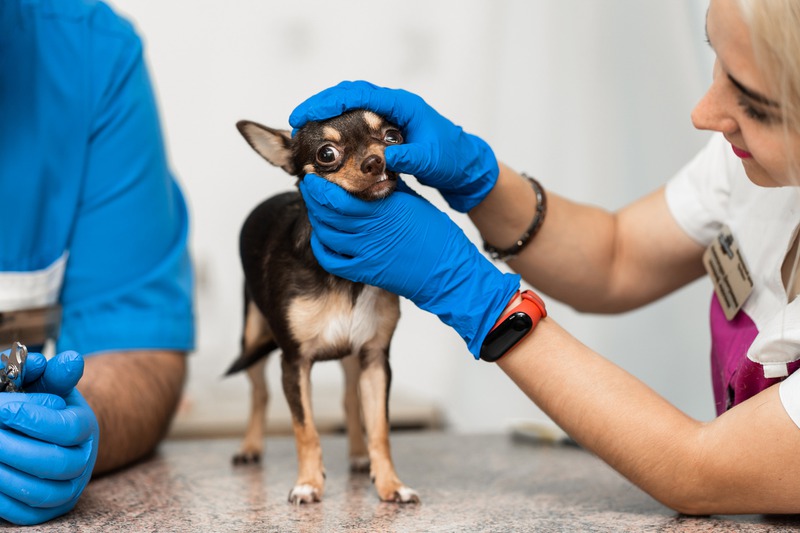When it comes to the health and happiness of your furry family members, preventive care is key. Just like humans, pets need regular check-ups to maintain good health and nip any potential problems in the bud. But how often should these check-ups occur? In this article, we’ll talk about the frequency of vet visits, what preventive care should include, and some location-specific services, such as those you might find for your pets in sunny San Diego, California.
Recommended Frequency of Preventive Care for Pets
Preventive care is not a one-size-fits-all schedule; it varies depending on age, breed, and your pet’s general health. However, we can offer general guidelines to help you plan your pet’s healthcare routine.
For Puppies and Kittens
Youngsters need the most care to start on the right paw. Here’s a quick timeline:
-
8 weeks old: First vaccinations and deworming.
-
10-12 weeks: Booster shots and possibly beginning heartworm prevention.
-
6 months: Spaying or neutering, which can prevent future health issues and unwanted litters. This is a great time to consider dog neutering in San Diego, CA if you’re a local.
For Adult Dogs and Cats
As your pets grow, their needs change:
-
Annually: Vet check-ups, including pet shots or wherever you are. Yearly blood work for older pets to detect underlying issues.
-
Every 6-12 months: Dental checkups. For those with dogs, a visit to a dog dentist might be on the to-do list to help prevent periodontal disease.
-
As recommended: Heartworm prevention, flea and tick treatments, and other medications should be administered as per your vet’s guidance.
For Senior Pets
Old friends need extra love. Here’s what to keep in mind:
-
Every 6 months: Senior pets should see the vet more frequently due to age-related health issues that can develop rapidly.
-
Regular monitoring: Keep an eye out for any changes in behavior or health and consult your vet if something seems off.
Remember, these are just guidelines. Your vet will provide the best recommendations tailored to your pet’s individual needs.
What is Preventive Pet Care?
Preventive care goes beyond the occasional vet visit. It’s about creating a lifestyle that supports your pet’s long-term well-being. This includes:
-
Regular Check-Ups: Vet visits are essential for catching issues early. During these appointments, your vet will conduct physical exams, update vaccinations, and offer advice on diet, exercise, and other lifestyle factors.
-
Vaccinations: Vaccinations are vital in protecting against diseases. Timely shots, such as pet shots in San Diego, CA, protect your pet from regional health risks.
-
Parasite Control: Fleas, ticks, and worms can cause serious health problems for pets. Regular preventative treatments are a must to keep these parasites at bay.
-
Nutrition and Weight Management: A balanced diet is crucial. Your vet can help you understand the right food and portion sizes to maintain your pet’s optimal weight and health.
-
Dental Care: Pets need their teeth cleaned, too. Dental disease is common and can lead to other health issues if left unchecked. A yearly cleaning by a pet dentist, for example, is recommended for most dogs.
-
Behavioral Assessments: Behavioral issues can be a sign of underlying problems. Addressing these early with your vet or a behavioral specialist can make a happier pet and family.
We can help our pets live longer, healthier lives by staying ahead with preventive care. It is also often more cost-effective to prevent illness than treat it after the fact.
Final Thoughts
Looking after our pets is a major duty that brings great joy. Routine preventive care is key to their happiness and health. Visiting the vet yearly, having frequent check-ups, guarding against parasites, ensuring they eat right, taking care of their teeth, and checking their behavior are all important for their well-being. Remember to take your pet for check-ups, stay up to date with vaccinations, and watch for any health shifts. Doing this helps your pet live a long, joyful life with you.

